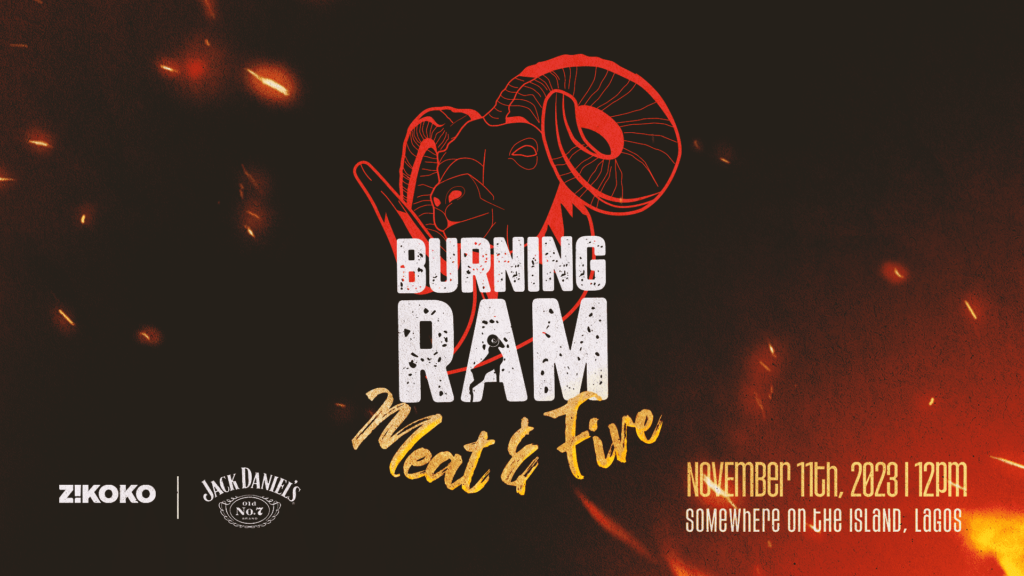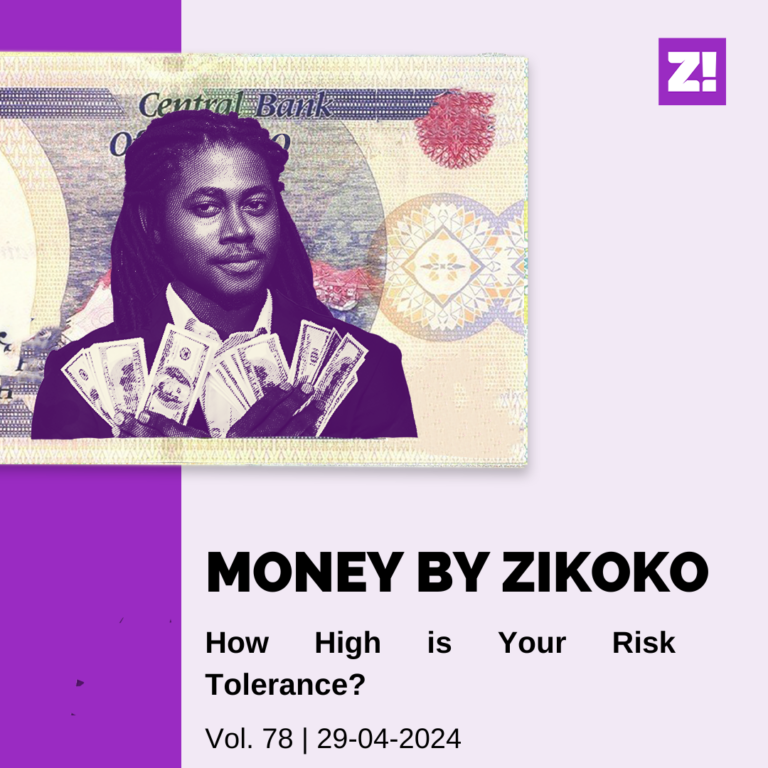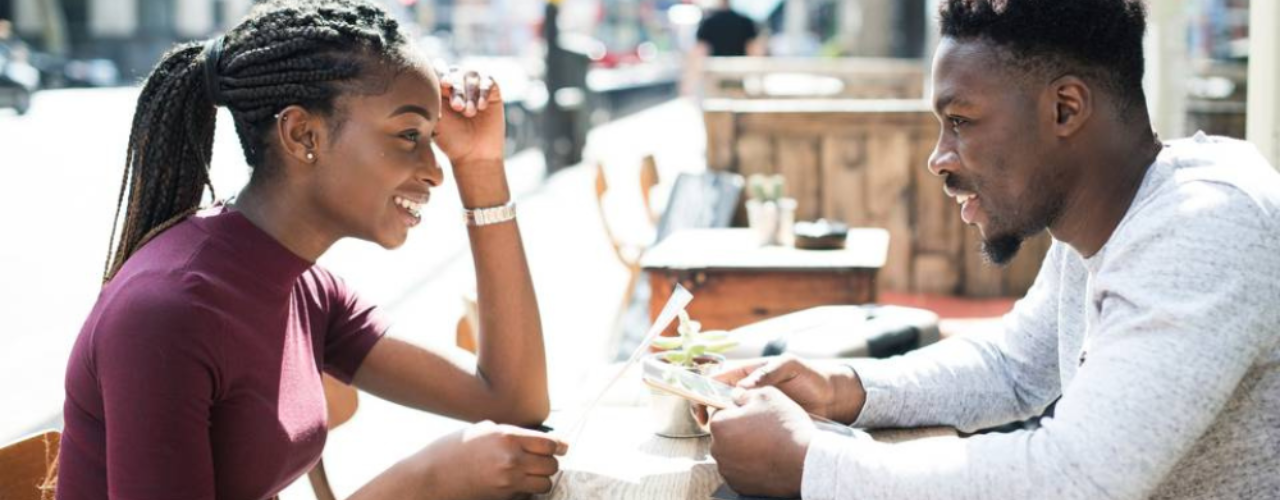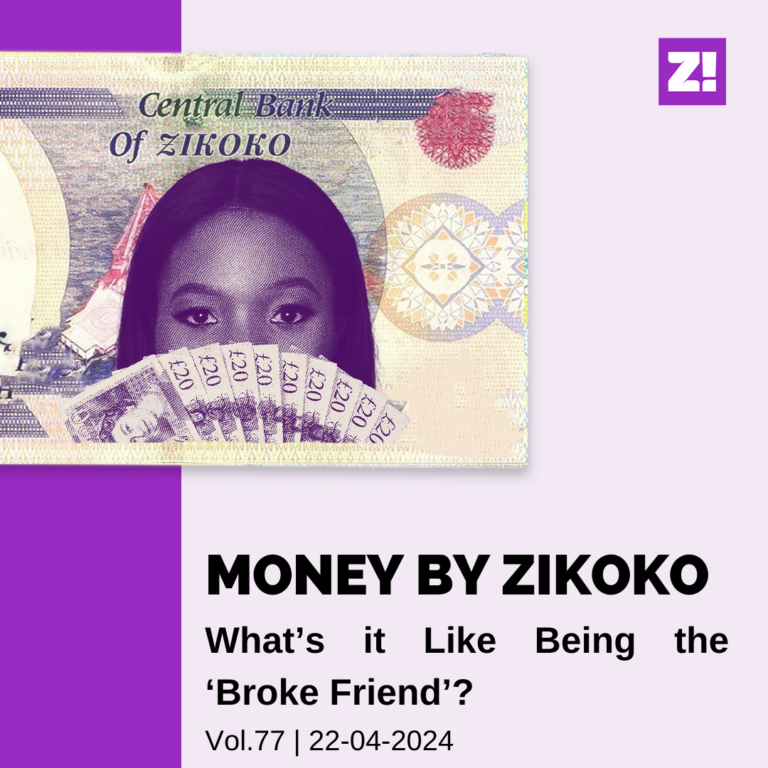Inflation in Nigeria is one thing that goes up but rarely ever comes down. And at the receiving end of it are Nigerians who are struggling to navigate their businesses or their day to day expenses.
To put this in context, transportation costs have gone up. In June, Uber and Bolt hiked their fares by at least 17%. Also, it costs a lot more to travel by air these days. The least you can expect to pay for a local flight on a carrier like Air Peace is ₦100k. A few years ago, ₦25k would have been enough for the same trip.
FMCG products have also been affected. This year alone, Nigerian Breweries and Diageo Players have reviewed and announced price changes.
Content companies, primarily big businesses, have been forced to jack up their prices. Recently, DSTV announced a 16% increase across their packages. Similarly, StarTimes have increased their subscription costs twice in the past year.
Nigerians bear the brunt of these changes. More than ever, people are trapped in a cycle of figuring out how to make enough to spend on rapidly increasing costs of things. What does this look like? We asked a few people to paint a picture.

Adams, 30, fashion designer + multiple gigs
I wear multiple hats to make money: fashion designer, translator, freelance researcher, and communication strategist. But I’m not swimming in cash. And with the rising cost of living, my ₦300k monthly average feels like nothing. I’m not exaggerating, but ₦300k feels like ₦3k when compared to my responsibilities. If I get a bulk sum today, I’ll be broke three days later.
I knew things had become serious a few months ago — I gave my wife ₦20k to buy foodstuff for the month. She came back with stuff that barely filled up half a cement bag. We spent ₦30k extra on food that month.
In all of this, we found out my wife was pregnant with our second child, and the shock was deafening. Who would have thought we’d get to a point when a lawfully wedded couple would be scared of having another child? I’ve always been bad at mathematics, but I’ve become a master calculator at this point.
Also, a few things have had to change: I could conveniently dash several people. But now, everyone should mind their business.
Speaking of business, my fashion design setup consistently brings the most money, but my income there has taken a hit. I used to do embroidery design for ₦3500 and a monogram for ₦5k — they are now ₦10k and ₦15k, respectively. Many of my customers feel like my charges are now exorbitant. Some have even stopped coming to me. Ten years ago, the least I charged for clothes was ₦3k, approximately $10. Now, I can’t do anything below ₦5k. Guess what, that’s about $6. I can’t tell if my business has grown or not.
Yet the price of machines and other equipment keeps skyrocketing. Before I could save up for a piece of equipment, the cost would have shot up again. It feels like I’m constantly catching up.
The plan is simple: keep my head above water and survive. It’s my savings that’s keeping me afloat.
Chinemerem, 26, Event Planner
I’ve been an event planner for over three years, and I have had years better than 2023. There’s only one culprit: Inflation.
Things got to a head in July 2023, starting with transportation. I have a cab guy I use to make runs, and I pay him between ₦15k and ₦30k per trip. In July, this cost jumped up to at least ₦50k.
Let me paint another picture for you: Until this year, I could conveniently make up to ₦500k to ₦600k in profit from three to four jobs a month. The last time I did any serious work this year was in August. I’ve not made money since that time.
I get it. The clients I work with have wedding budgets of ₦5m – ₦10m. With the new costs of things, it makes sense for them to funnel what they pay an event planner into something else. So yes, many people throw wedding parties without planners these days. Unfortunately, that’s not good news for me. If I don’t have clients, I don’t get paid.

It’s November, and I have yet to lock down a single December client. This time last year, I had enough work to keep me busy till January.
I can’t confidently say I have a quality of life right now. It’s heartbreaking — I was starting to feel like I’d had my life figured out and could depend on planning events. Then, all of a sudden, things went down the drain. In the past couple of months, I’ve gone through different stages of frustration. See, I even started applying for jobs. For context, when I left my last 9-5 four years ago, I swore I’d never return.
Thank God I have my parents and some savings. They’ve been my saving grace.
Ife, 34, Travel Agent
It’s interesting how I knew things would get expensive after the fuel price hike. I’m 33 years old, so I know how these work. The only difference this time is that I’m an adult with two kids. It hits when you pay the bills.
A hack to navigating high inflation as a parent is an HMO. It prevents you from spending a lot of cash on hospital visits. Thankfully, my husband’s place of work provides that. Insurance doesn’t cover the price of food, though. And I’m in shock every time I have to stock up on food.
Back to the children. They’re growing so fast and need new things. One day, we woke up, and my eldest daughter’s school shoes did not fit. She had to manage it for school that morning, and I went to the market. What did I find? The price of school sandals had gone up.
There’s also their cravings. My younger daughter can start a tantrum because she wants to eat Marshmallows. We try not to indulge these requests every time, but it’s nice to do it for them as often as possible. But Marshmallows used to be ₦2k and is now ₦4000. These little expenses add up.
My savings are taking the most hit. Before now, I could save from my salary. But now, I’m like, “Let me make sure my family eats first.” I need to earn more, but I wonder if anyone can “outearn” rising inflation.
Akinrinde, Photographer, 29
Up until three months ago, I was making about ₦300k in a standard month. I’ve made zero in the past two months. It’s a complete disaster.
During this time, I got enquiries from potential clients, but they never got past that. They all said the same thing, too: “Sorry, I’m looking for something cheaper.”
My prices are fine; they’ve worked until now. But basic things are now so expensive, and income has primarily stayed the same that people must prioritise. They would rather spend money on things they can tie to their survival. While food is at the top of this list, photographs are not.
What has this meant for me? Cutting down on things and watching helplessly as my standard of living went down. It wasn’t a big deal to buy takeout every day. Now, I can barely afford to cook food, which is considered the cheaper option. I hope that paints a picture.
I don’t understand a lot about policies and governance, but I know enough to know that their decisions have a direct line on my quality of life. Unless a miracle happens, I worry it will be suboptimal for the next few years. It’s scary.
Emmanuel, Digital Marketer, 28
It’s been crazy watching the cost of things rise in real-time. Let me start with food: I was out to shop for some food supplies last week, and I couldn’t get over how prices have jumped significantly from the previous time I shopped two months ago. I planned around a ₦50k budget, ended up spending ₦60k, and it didn’t feel like I got the most value for money. You now spend so much to get little.
Food is not even my most significant monthly expense; transportation is, and it was the first thing that jumped up. One minute, I spent between ₦1900 and ₦2100 on a trip to work. The next minute, the prices rose to ₦3200. It comes up to a significant sum at the end of the month. Thankfully, my income has increased to cushion some of these effects.
That said, I’ve had to be more calculative and intentional with my finances, but I’d like it to move the needle more. For the most part, this means finding [cheaper] alternatives. At the same time, however, I don’t want to compromise so much that it affects my living standards. More than ever, it’s all about finding the sweet spot.

We’re bringing you the biggest meat festival on November 11, and it’ll be THE food experience of a lifetime. Come enjoy the juiciest suya, grills, and bask in the Nigerian meat culture at Burning Ram. Get tickets here.




